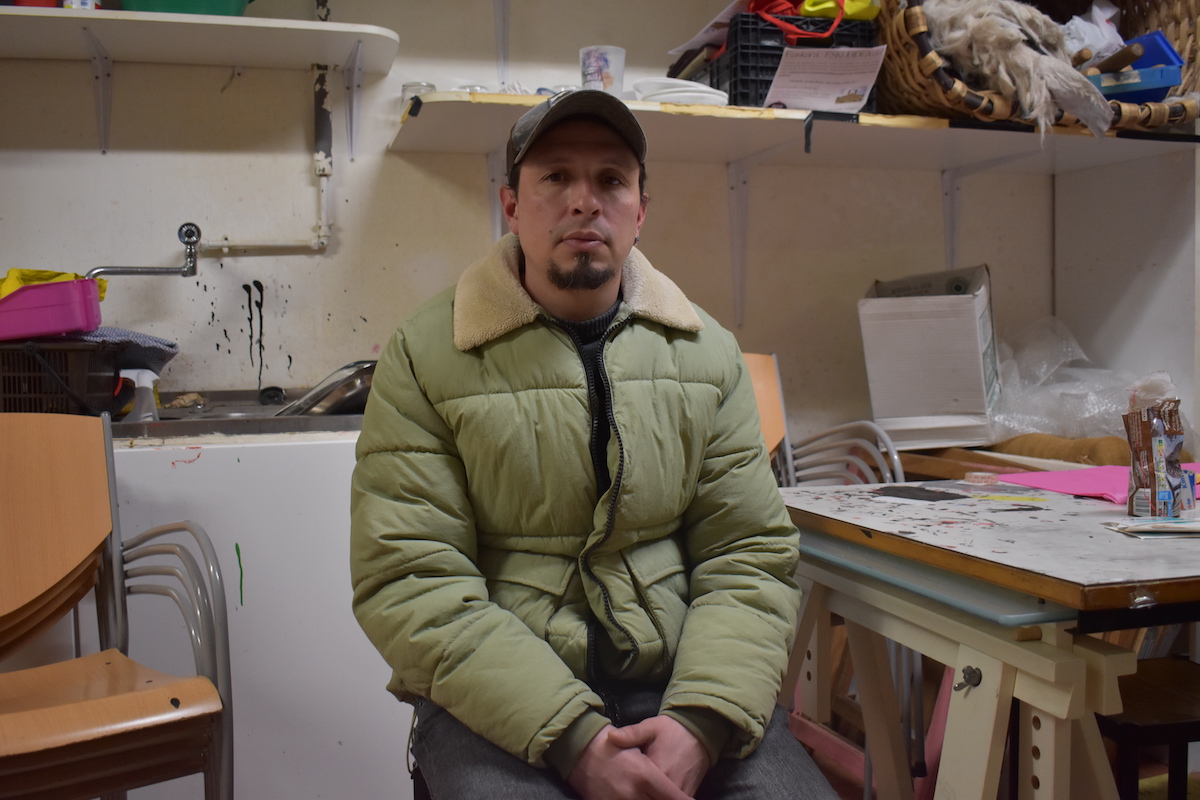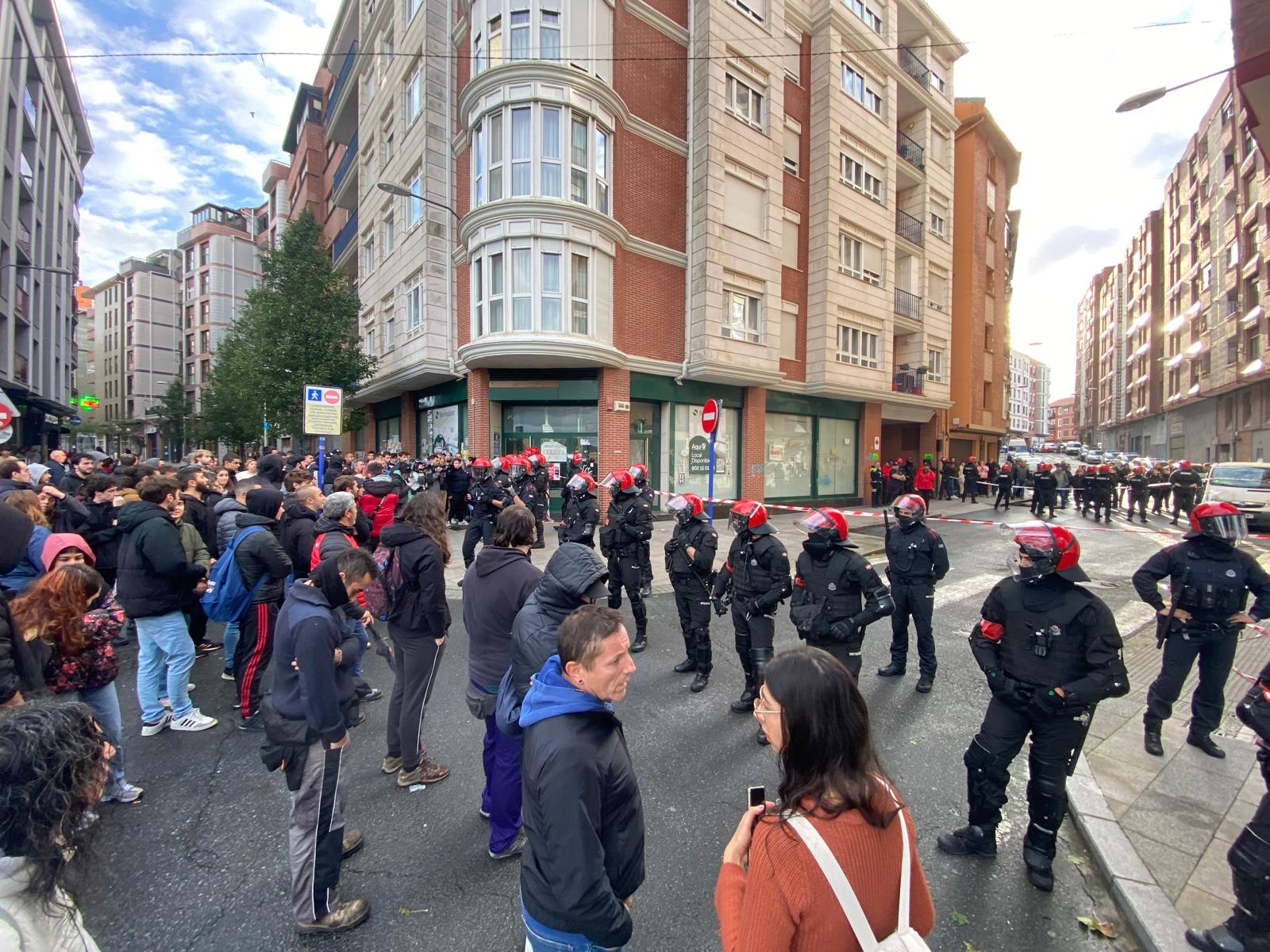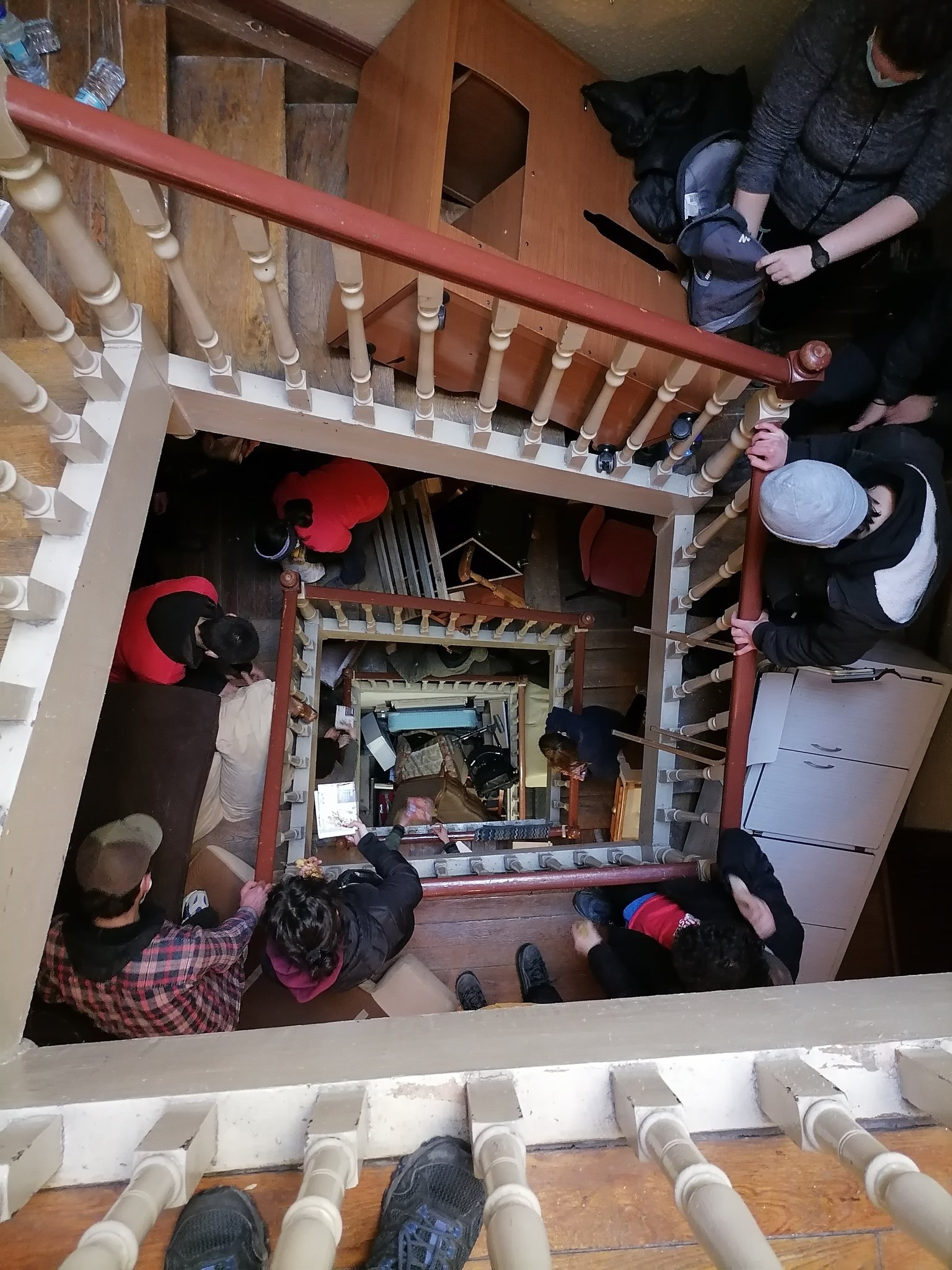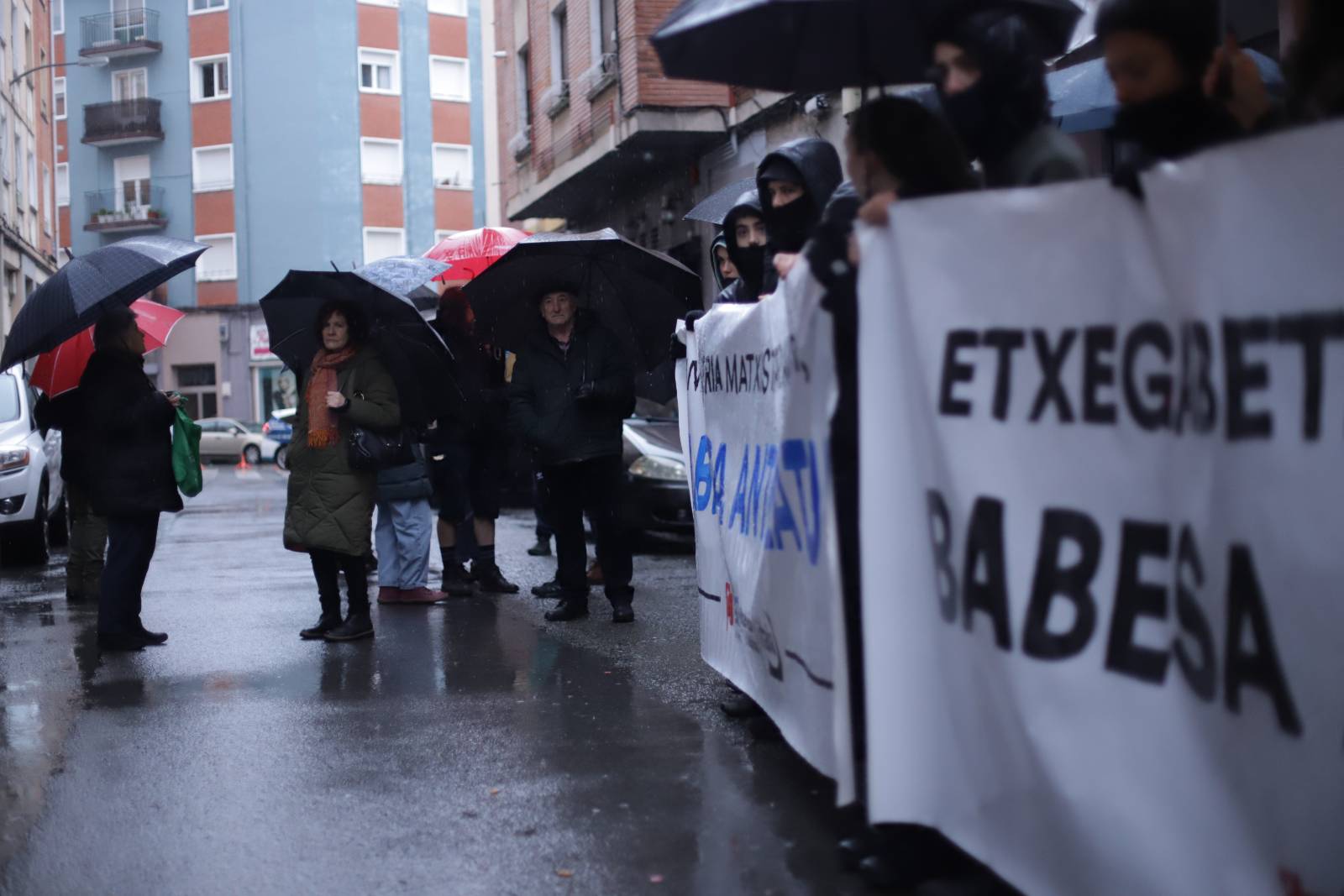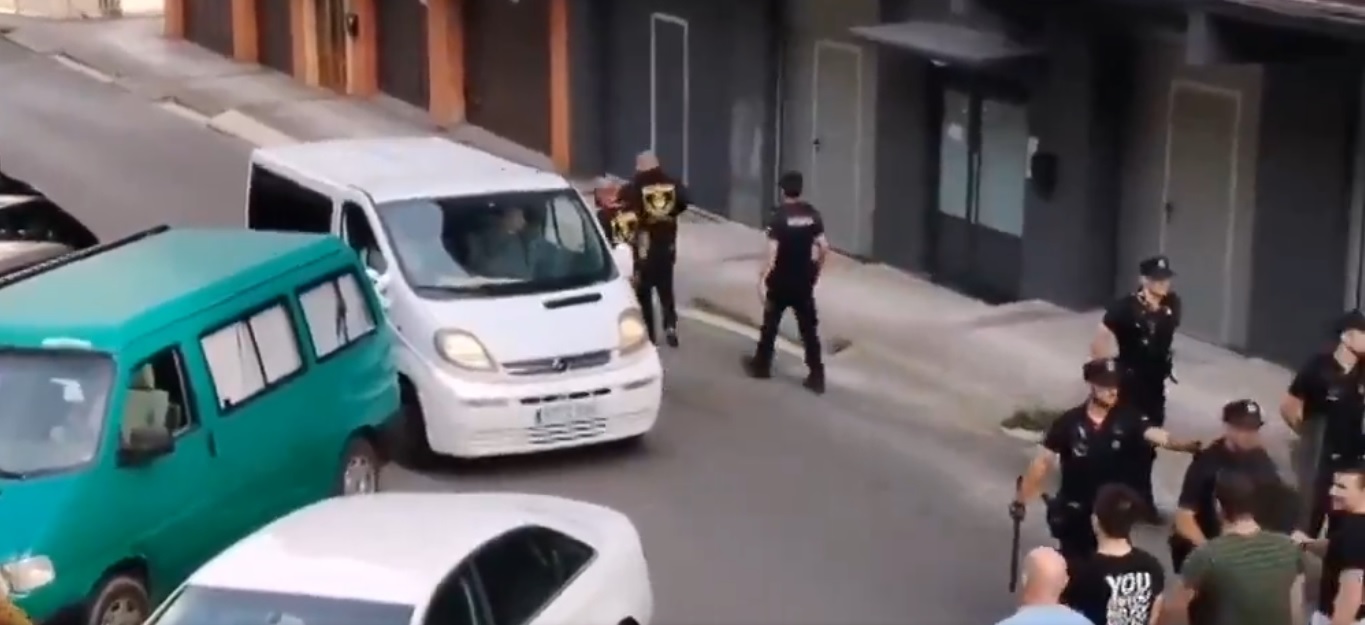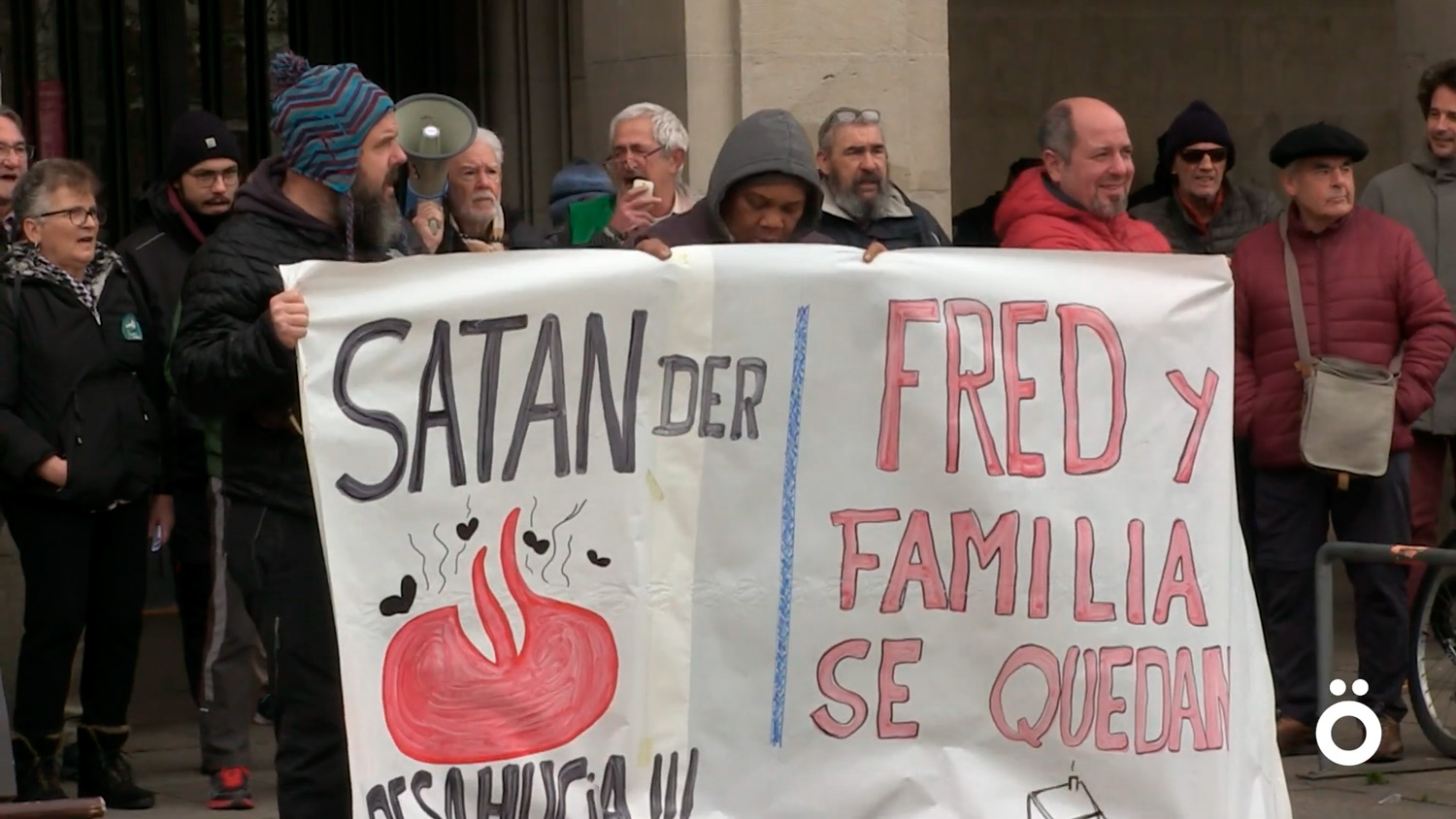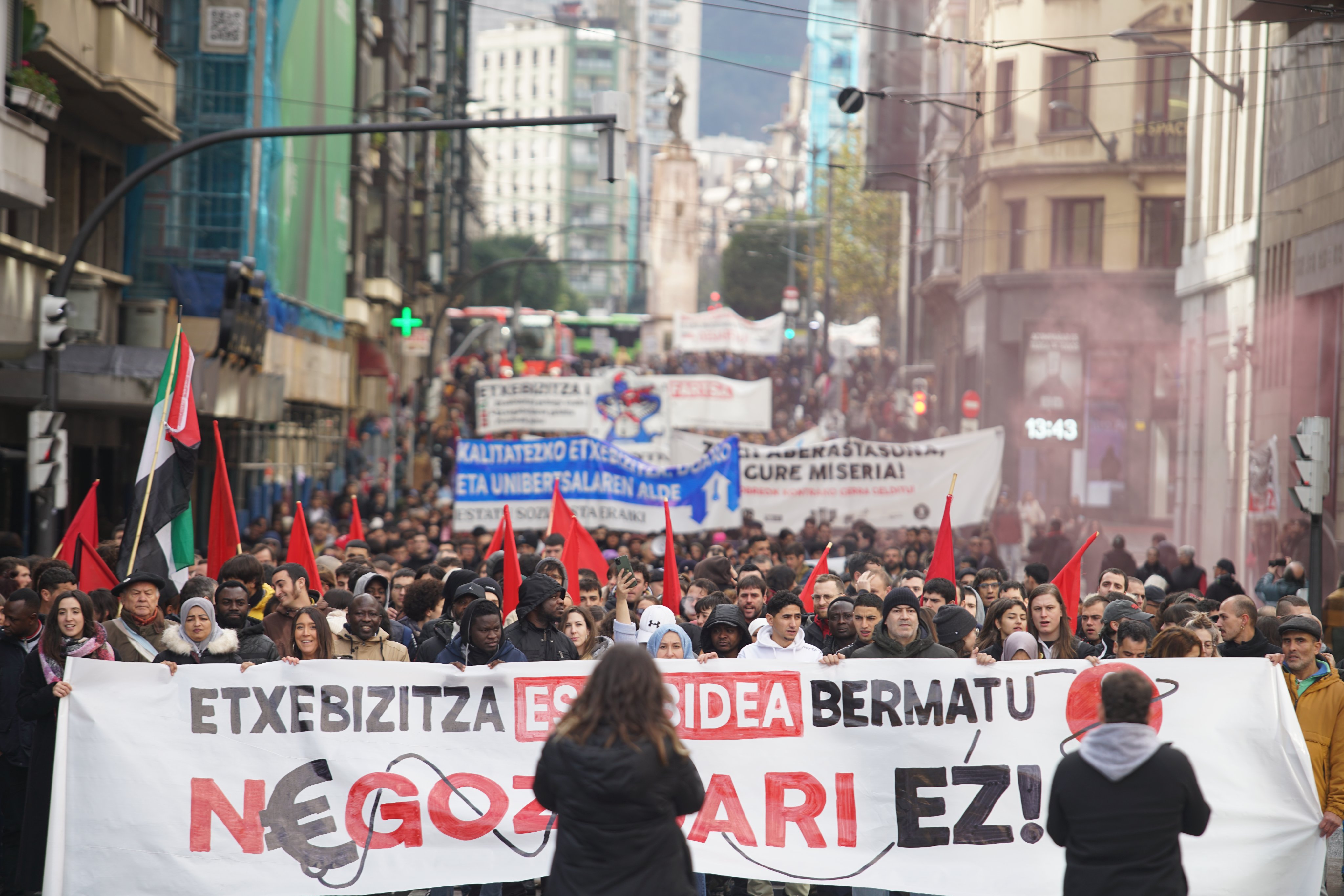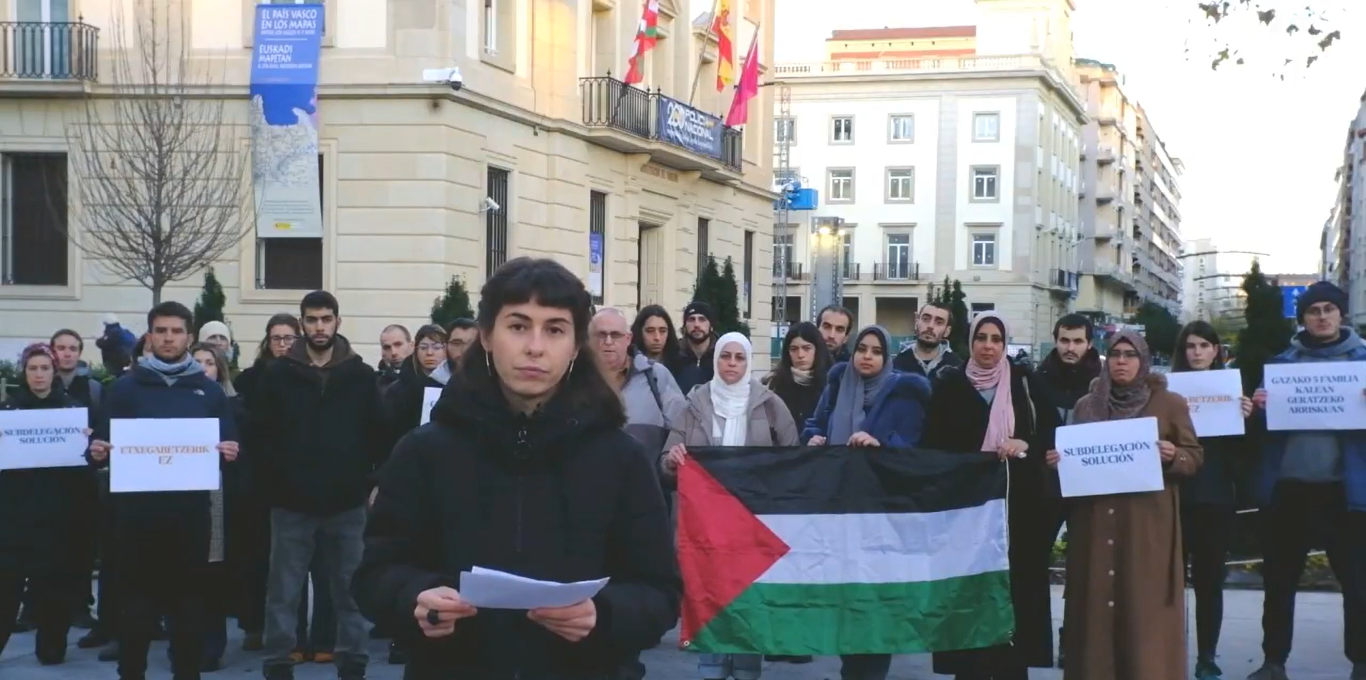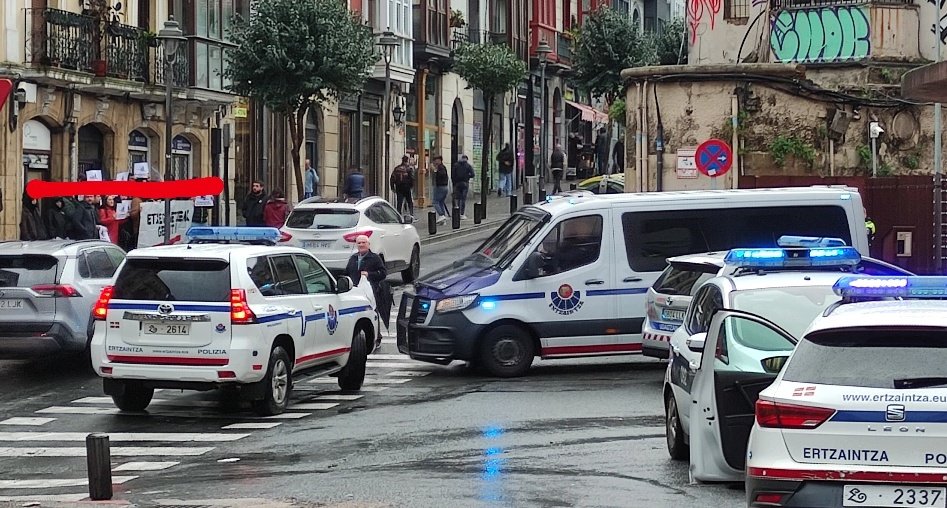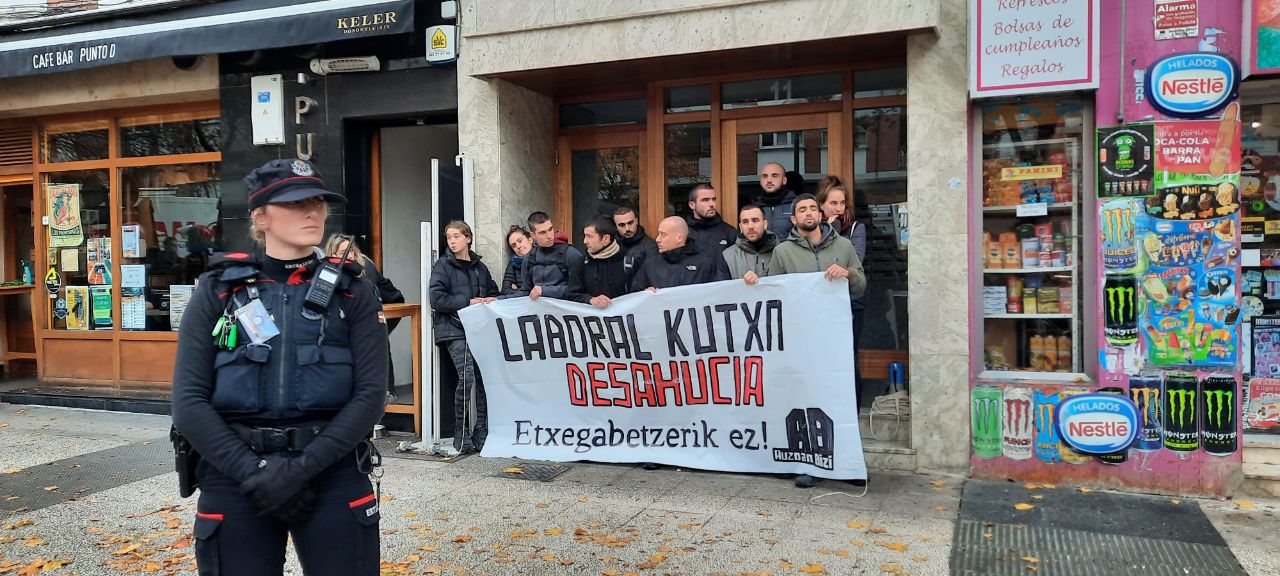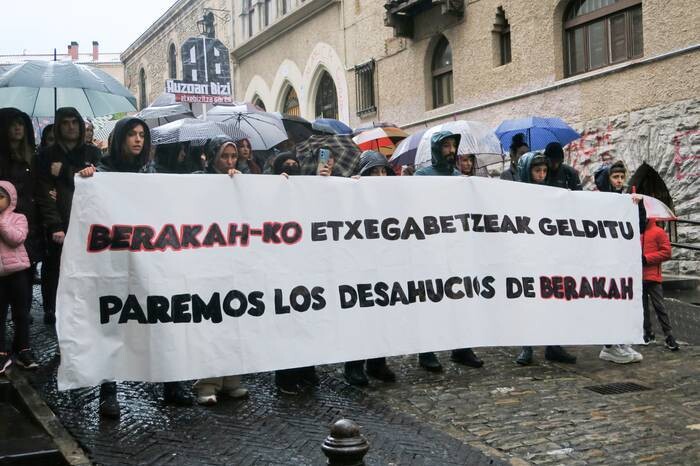Eneko Goia: "Hell honours the name and what was there is not worthy to be defended from the point of view of dignity"
- The Mayor of Donostia-San Sebastian, Eneko Goia, was asked this Tuesday about the eviction of Basque hell. They asked him if he thinks the eviction of 60 people can be "right" and if he intends to contact SOS Racism. That was your answer: “First, I don’t know if you know hell. Honor the name and what was there is not worthy to be defended.”

The mayor acknowledged that the municipality plans to build houses in the Hell area and that half of them will be under official protection. “It is also true that at this particular time eviction has not been a municipal decision. The decision was taken by the judge after the owners requested it and requested it. They would have their reasons to do so, and there I am not going to enter,” Goia added.
Regarding the issue of homelessness, the mayor pointed out that it is an “obligation” of the City Hall to respond to possible situations. “Those who lived in hell don’t have a special feature. They're on the same level as the rest of the homeless. The City Hall offers resources and can request them. In particular, there are 227 places available, and at the moment there are 194 occupied,” he stressed. Goia also noted that the problem of homelessness is “very complex”. “It’s a growing problem in our furthest and closest environment. It is not being easy to give an answer, I confess. In any case, the response must be joint.”
In response to the March lockdown, the City Hall placed special resources for the homeless. Through its Social Action Department, the Basque Executive has announced that it will allocate an additional EUR 1.5 million. However, San Sebastian puts “only” resources, and “the others don’t,” he doesn’t think it is appropriate. “Approximately 50 per cent of the people served in the March confinement came from other locations. We all have a duty to help and each one has to respond to its level,” Goia explained.
Ez da gauza berria politikari profesionalak gizarteko arazoak estaltzeko ahaleginetan ibiltzea. Azkenaldian Denis Itxaso -EAEko Etxebizitza sailburua- entzun dugu etxegabetzeei garrantzia kenduz eta aditzera emanez gurean bazterreko fenomenoa direla; eta Begoña Alfaro... [+]
Azora putre funts alokairua igo eta mantentze lanak alde batera utzi ditu, Isaac Lagos eta bere familia etxebizitza uztera behartuz. Kaleratzearen aldeko epai bat jaso berri du maizterrak.
Etxera itzuli ahal izan diren arren, joan den azaroan kaleratu zuten Astrabuduko familia berriz ere arriskuan dago. Uribe Kostako Etxebizitza Sindikatuak salatu du mailegu-enpresa berriz ere saiatzen ari dela kanporatzea gauzatzen, oraingoan, desokupazio-enpresa bat... [+]
Azken egunak garrantzi handikoak izan dira Bartzelonan, etxebizitzaren aldeko mugimenduarentzat eta espekulatzaileen aurkako borrokarentzat. Urtarrilaren 28an, polizia-armada batek Raval auzoko Massana Zaharrari [zentro sozial okupatua] eraso egin zion goizaldean, aurrez abisatu... [+]










